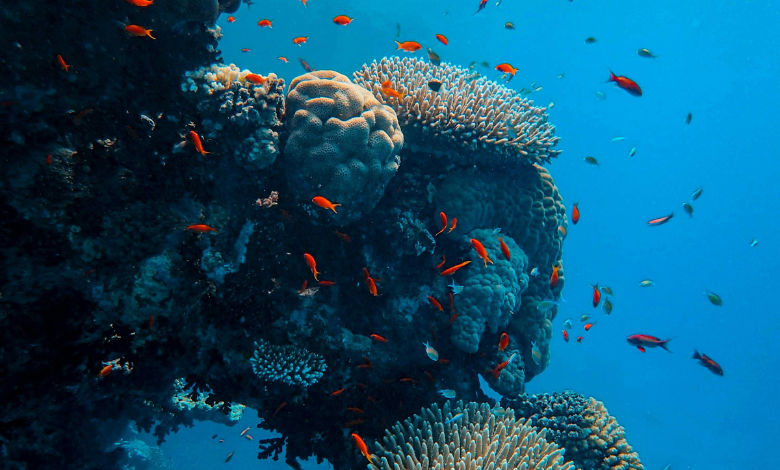Is the Great Dying to repeat? Oceans facing ‘triple threat’ of extreme heat, deoxygenation and acidification

The massive oceans on the planet are facing a “triple threat” of extreme temperatures, loss of Oxygen and acidification, recent research has found, highlighting that the extreme conditions are becoming far more intense and placing enormous stress upon marine life.
Roughly a fifth of the ocean surface is particularly susceptible to the three threats hitting simultaneously, triggered by human activities such as deforestation and the burning of fossil fuels. In the top 300 m, these compound events have started to last longer and are more intense.
Tropics and north of Pacific particularly affected
The study’s lead author Joel Wong, a researcher at ETH Zurich, raised serious concerns over the planet’s oceans being pushed into an extreme state because of climate change. He cited an example of the heat “blob” that has caused the die-off of marine life in the Pacific Ocean.
“Intense extreme events like these are likely to happen again in the future,” he added. The research analysed the triple threat and found that such extreme events can last for as long as 30 days. The tropics and the north of Pacific are particularly affected.
Climate scientists have regularly been raising alarm over the rise of heat in the ocean. But on top of the heat, responsible for forcing marine life to move to more suitable climes (is they are able to), the oceans are also paying another heavy price for taking in heat and carbon dioxide.
‘Triple threat’ also seen at the end of Permian period
Oceans have long been playing a significant role in soaking up huge volumes of heat and CO2 from fossil fuel emissions that would otherwise further heat up land. But the extra CO2 is making oceans acidic, dissolving the shells of marine life and starving the ocean of oxygen.
Andrea Dutton, a geologist and climate scientist, not involved in the study, said the triple threat was also seen at the end of the Permian period about 252 million years ago, when the planet experienced potentially the largest extinction event in history, called the Great Dying.
Read More: Thai authorities close pristine Koh Pling island over mass coral bleaching



